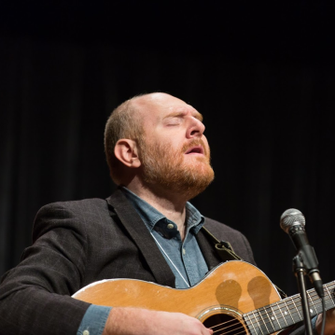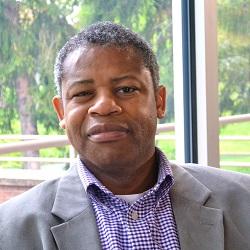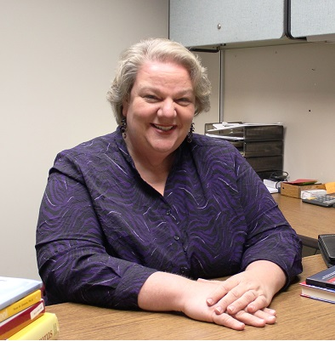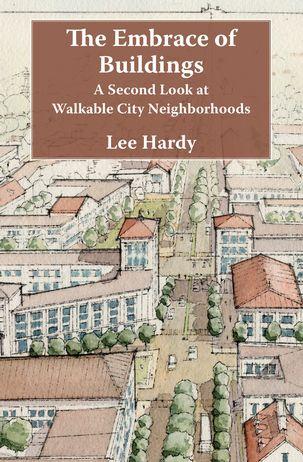Christina Edmondson on Doctrine and Multicultural Hospitality
To become more multicultural, congregations must help members discern differences between biblical doctrines and cultural biases.
Reformed & Charismatic?: A Conversation with Cornelis van der Kooi
This is a conversation with Cory Willson and Cornelis van der Kooi, who is professor of systematic theology and director of the Center for Evangelical and Reformation Theology at the Free University of Amsterdam.
Isaac Wardell on Rethinking Calling and Vocation
Not everyone feels called to their job or experiences it as way to use their gifts to accomplish great things for God. There is a more satisfying way to think about how God calls each of us.
Isaac Wardell on Bringing Work into Worship
Daily work, paid and unpaid, consumes our lives, energy, and minds—even when we are in church. Here are ways to plan worship so people see themselves and their work as instruments of God.
Reggie Smith on Churches Called to Become Multicultural
Considering the “Joseph question” and the “Jonah question” can help congregations overcome fear of talking about race, culture, and how God might be calling them to change
Four Learning Practices for Sermon Engagement
Learning practices have rich application for sermon engagement. Here are four easy-to-implement strategies to allow each sermon to be more formative in our daily lives.
Warren Kinghorn on Mental Health and Christian Worship
It is far more common to hear about physical ailments than mental ones in congregational prayers and worship. Psychiatrist Warren Kinghorn explains why mental health issues and people with mental illness should be acknowledged in Christian worship.
Warren Kinghorn on Mental Illness and Our Deepest Identity
We hear a lot about using person-first language. Yet it is still common to label people with their mental health diagnosis. Christians and churches can offer another way to describe our common human identity.
Mark Mulder on Debunking “the Culture of Poverty”
It is important for financially stable churches and Christians to build relationships with those in poverty. But the reason may be different than what you might assume.
Congregations and Persons with Dementia: A Story and Ideas to Try
TOGETHER is a new Bible study curriculum designed to include, appeal to, and challenge adults of varying abilities. The new curriculum is building community in ways that enrich worship in congregations and congregation members with dementia.
The Geography of Worship
An annotated research guide from the field of geography, exploring the relevance of place, space, and human/environment interactions for the study of worship practices.
Does Church Location Make Any Difference?
Because human beings are embodied creatures, the shape of the material world—in particular, the shape of the built environment—will affect their spiritual lives, both in relation to God and to each other.











